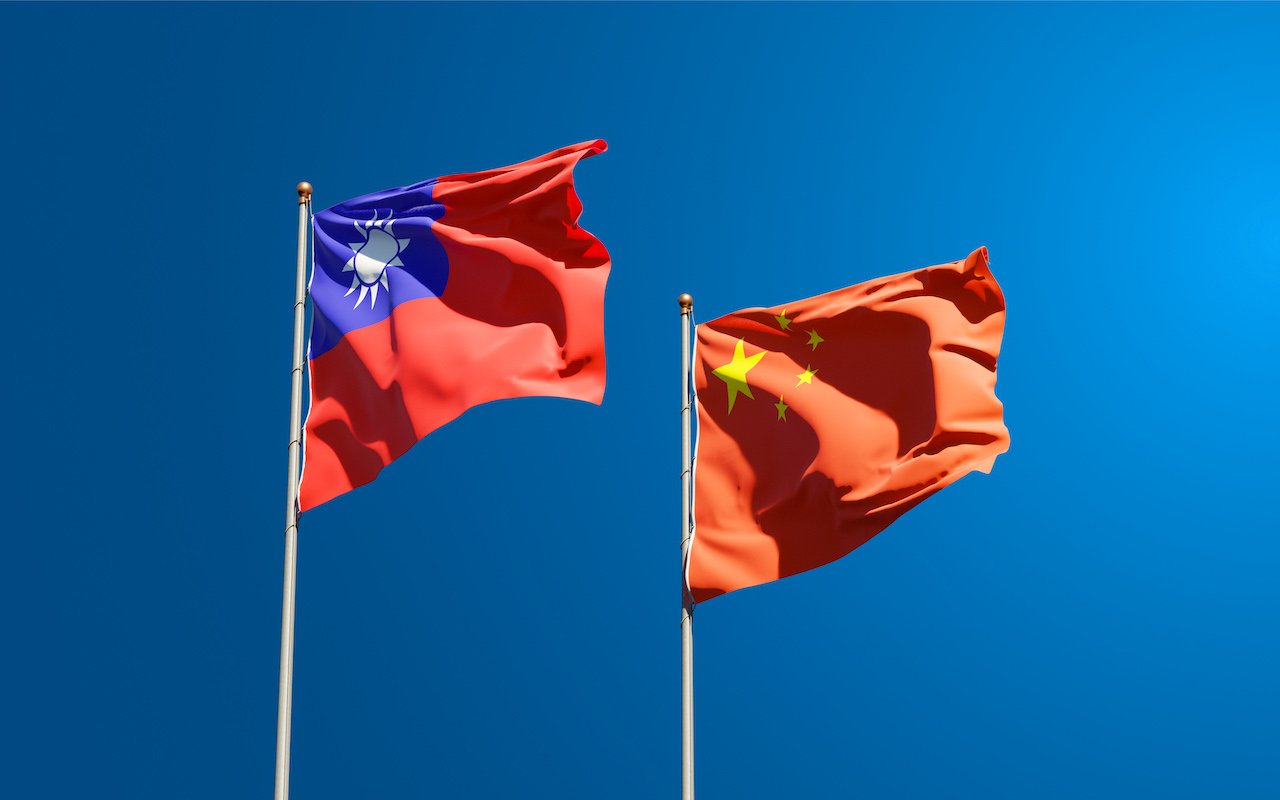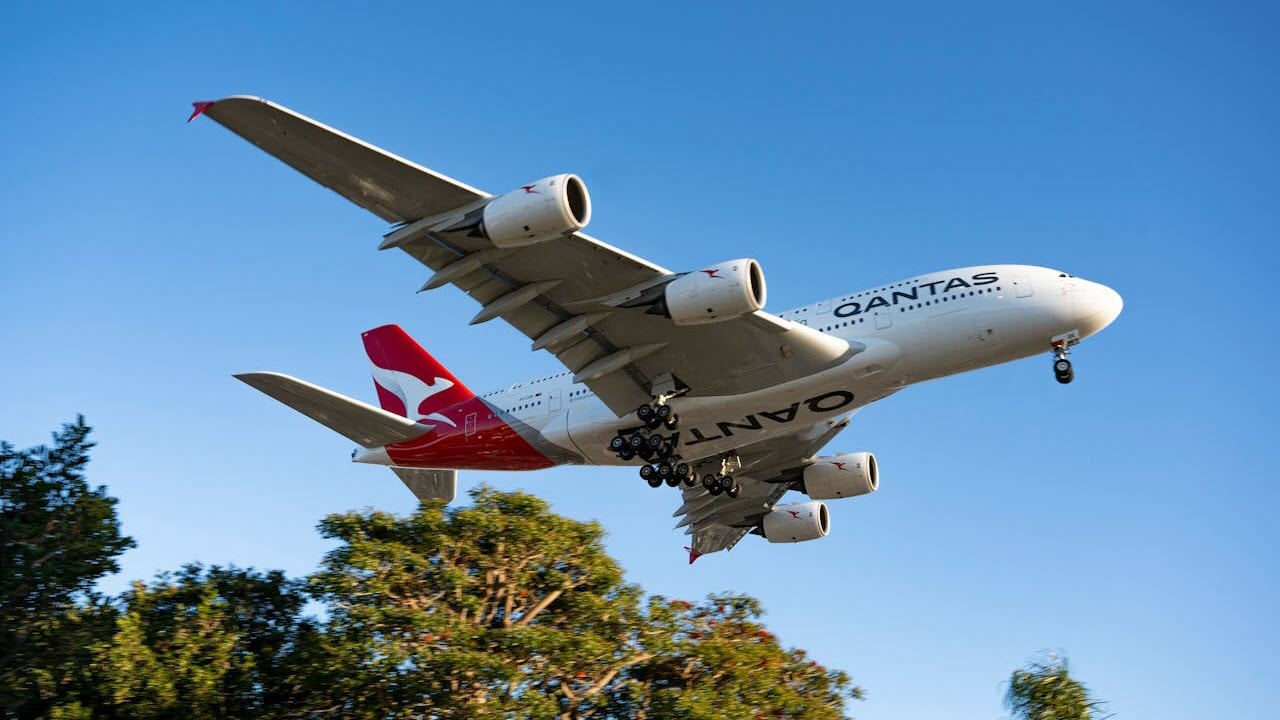Huawei showcased several smart management systems powered by AI and their 5G tech at the India Mobile Congress, including a Smart Entrance that uses facial recognition tech to register users as well as allow them entry and according to the company representatives, the possible use cases can be seen in airports, railways stations as well as local metro rails.
The smart entrance faced a few glitches while registering, due to user duplication as the system was running on two stalls at the event (according to the company representative), but once it has the user registered, it will open the gate even if the user passes by while people are standing in front of them. This issue, according to the company, can be mitigated by setting a specific distance that the machine’s camera is allowed to operate.
The company also mentioned that all of the user data is stored on a local server that is controlled by the authority or organisation licensing the technology. As mentioned before, the smart entrance was showcased at two different places at the event — one of them was at Vodafone Idea booth and the other one at Huawei’s. The latter also adopted an airport gate’s appearance.
While the smart entrance can make entering quicker, it comes with its drawbacks, which includes privacy concerns, especially for kids.
More at IMC: Nokia unveils 5G Holographic technology at the IMC
Privacy concerns
 Facial recognition for securely identifying a person isn’t foolproof yet. In several cases, merely a photograph of the person does the work. Other than that, not everyone wants to enrol in face recognition scanning systems, and more importantly, the privacy of kids — who’re still too young and unaware in most cases to make a choice — remains a question.
Facial recognition for securely identifying a person isn’t foolproof yet. In several cases, merely a photograph of the person does the work. Other than that, not everyone wants to enrol in face recognition scanning systems, and more importantly, the privacy of kids — who’re still too young and unaware in most cases to make a choice — remains a question.
The company representatives say that these policies can be changed depending on the authority. Huawei, as a company, provides the technology but how it’s used is really up to its clients. They don’t hold any legal liability for how this technology is used.
When questioned about the privacy of individuals who wouldn’t wish to share their facial recognition data or kids, the representative said that existing tech such as tokens or metro cards could be used as an alternative.
But since it’s really up to the authorities to use the technology as they may well please, going by the recent trends — as has been seen in the case of Aadhaar — implementation of a facial recognition might mean that your consent to enter your face in the authorities data could mean the difference between you travelling or not. Talking specifically about the Indian government, this might create an additional use-case for the existing Aadhaar data. 
“Privacy is a fundamental right of the citizen, and that needs to be protected. Network providers, tech companies as well as the governments have to be careful about the security of the user,” said Lt Gen Rajesh Pant, Security Coordinator at the National Cyber Security Centre, while talking at the Cybersecurity – Building Trust in the Digital Economy: Digital Security Risk Management.
“Security is everyone’s business, everyone’s concern. It starts with handset manufacturers and vendors and telecom and the government, which has to come up with policies. You have to protect the privacy of the consumers,” said Manish Tiwari, Senior VP and Global Chief Information Security Officer, Airtel, while speaking at the same seminar.
Huawei still hasn’t received the nod for implementing their 5G tech in India but remains hopeful even though their misfortunes in USA have been turning up.
More at IMC: Facebook demonstrates the Portal, Occulus and other solutions at IMC 2019






